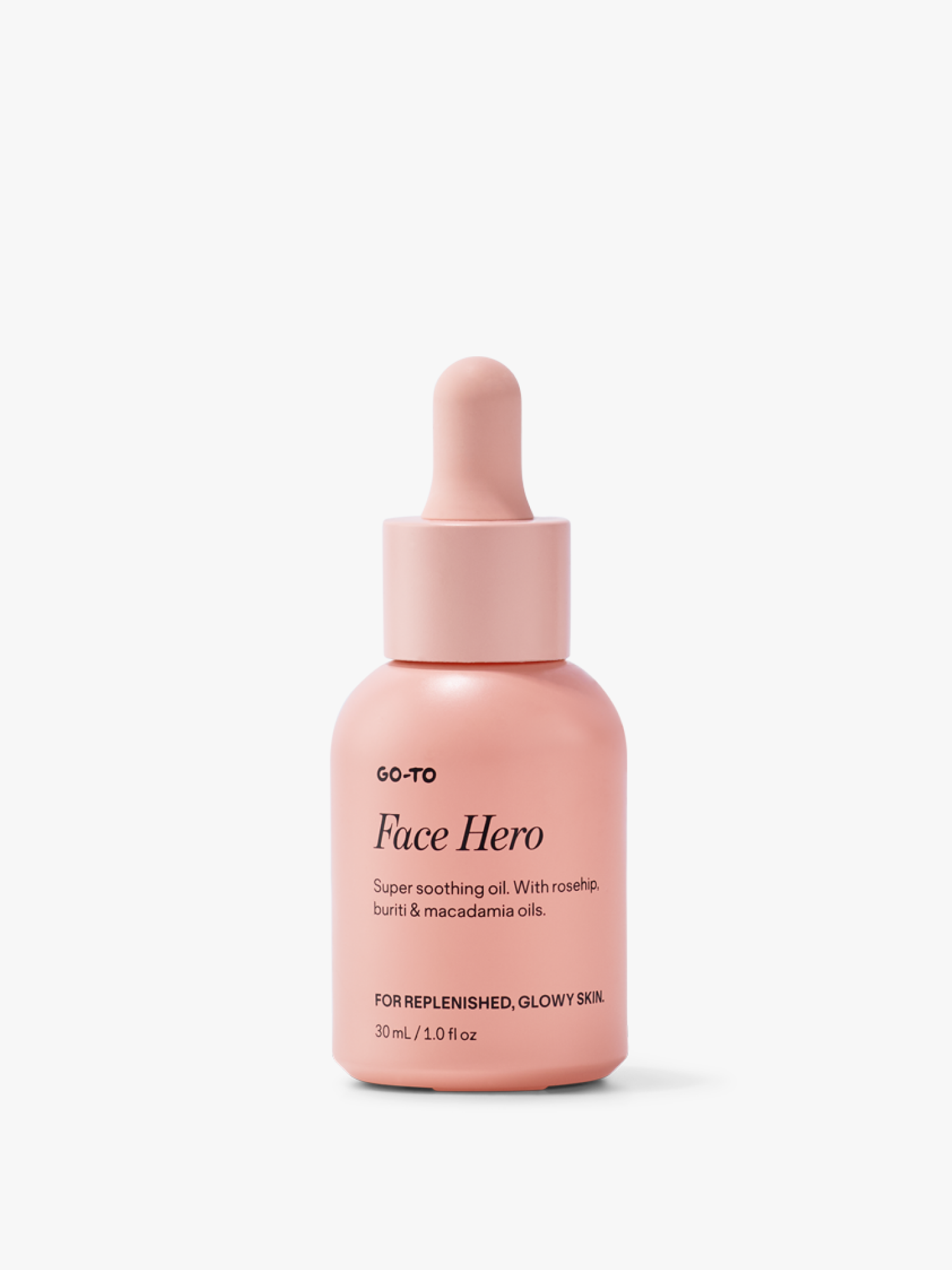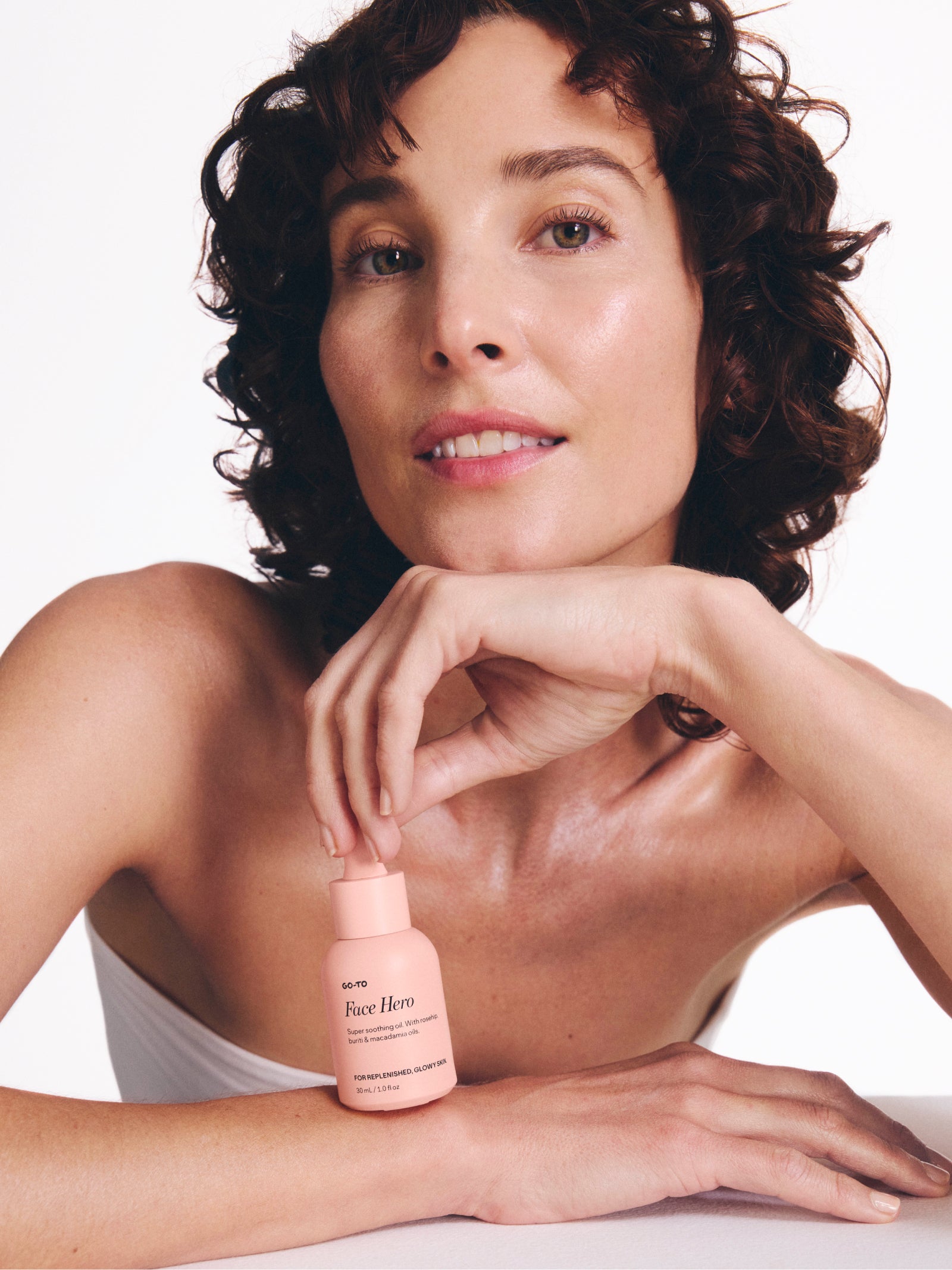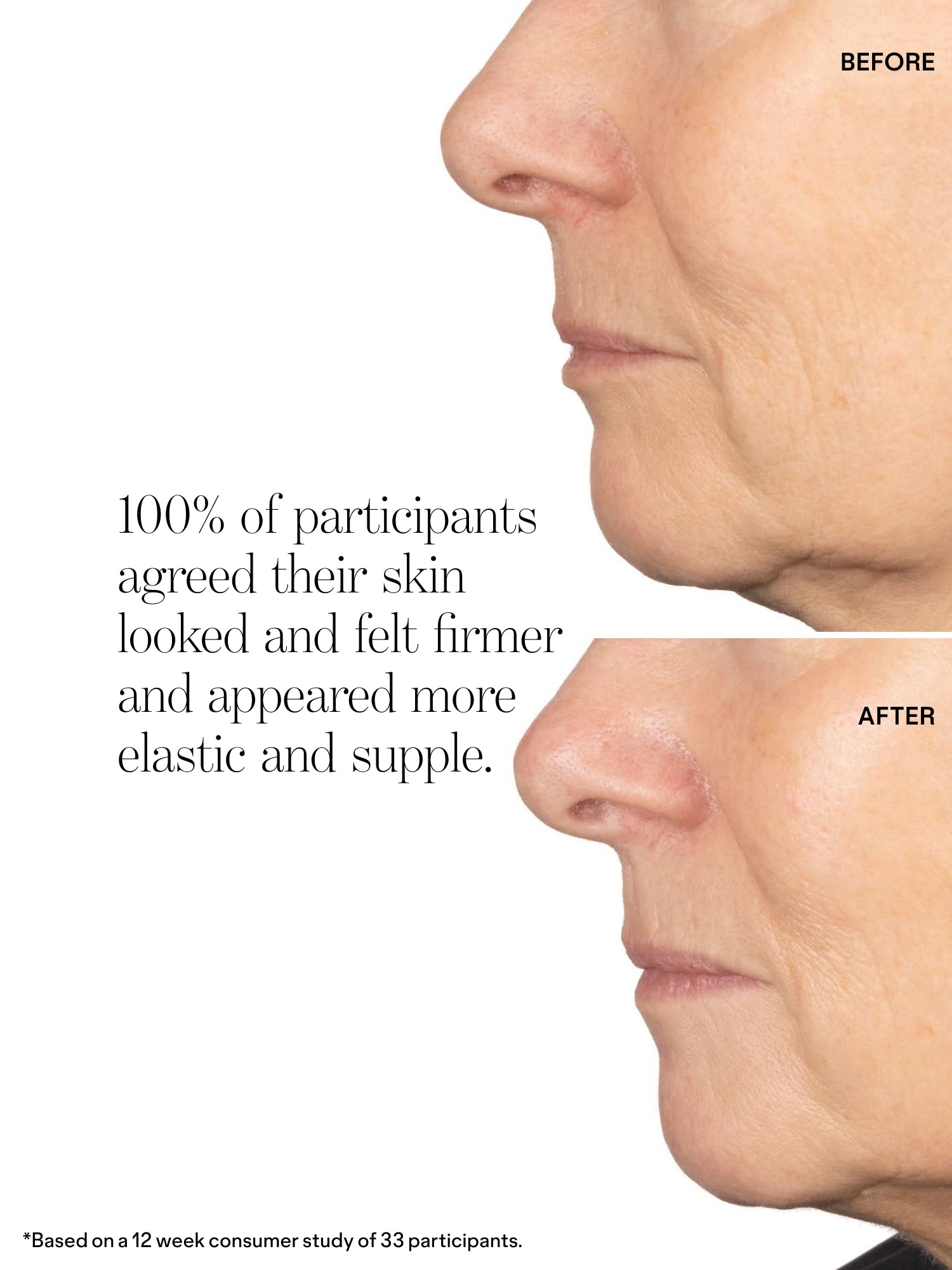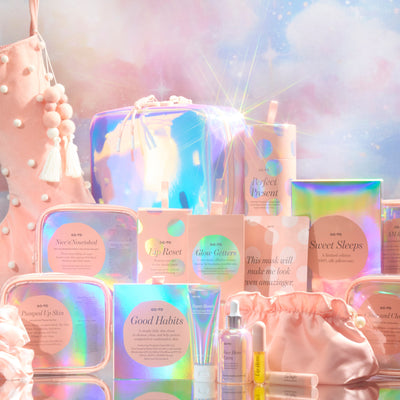Fragrance can undergo a full character arc in just a matter of hours, shape-shifting throughout the day from sweet to spicy to somewhere in between.
No, your perfume isn’t haunted (probably). It’s just doing what every good fragrance does: Evolving. And to understand why, you need to get familiar with the anatomy of a fragrance.
A fragrance unfolds in three main acts, each starring a key character: Top Notes. Heart Notes. Base Notes. Together, these three notes play a very important role in the fragrance story, arriving at different times, stirring up drama, and leaving a lasting impression.
Top Notes: The Herald
The opening act. The attention grabber. The one who sets the stage.
The first notes you smell when you spritz your fragrance. Bold, loud, bright, and unabashedly in your face. The extroverts of the fragrance world, top notes show up first, get all in the photos, and then move on.
Made up of the lightest, most volatile ingredients in a fragrance (like citrus, mint, neroli, basil, bergamot), these small molecules evaporate quickly and typically only last around five to 15 minutes.
But if they’re such flakes, why do top notes even get an invite? Think of top notes as the scene setter, rather than the scene stealer. Even though they evaporate quickly, they set the mood. They’re the opening credits. Without them, your perfume would feel like it just starts in the middle—no buildup, no drama, no context.
Plus! They help mask the scent of the alcohol or other ingredients when you first spray.
Heart Notes: The Hero
The emotional core. The main character. The one who carries the story.
Once the top notes make their swift exit, it’s the heart notes turn. These are the main body of your fragrance. They’re balanced. Composed. The main character that’s actually holding this whole thing together.
Heart notes appear around 15–30 minutes after you apply the fragrance and stick around for a few hours. Made up of slightly heavier, more complex molecules than top notes, heart notes include the likes of rose, jasmine, ylang-ylang, and lavender. They evaporate more slowly, meaning they get the time to fully develop and settle into the skin.
They're not in a rush—they’re here to emotionally support your scent story.
Base Notes: The Guardian
The finale. The foundation. The reason the story sticks with you.
Base notes are the final act. The reason your jacket smells like your perfume three days later. They’re the ones making your fragrance memorable.
These notes emerge after about 30 minutes and last hours, days, potentially generations. (More like 4–8+ hours, depending on the perfume and your skin.) They’re deep, rich, and often a smidge sexy.
Since the base notes contain the largest, slowest-to-evaporate molecules in a fragrance, these take longer to break down and fade. Think: musks, woods, resins, and ambers—ingredients that like to settle in, take their time, and leave a lasting impression. While top notes sprint and heart notes simmer, base notes anchor. They provide depth, warmth, and staying power.














Comments